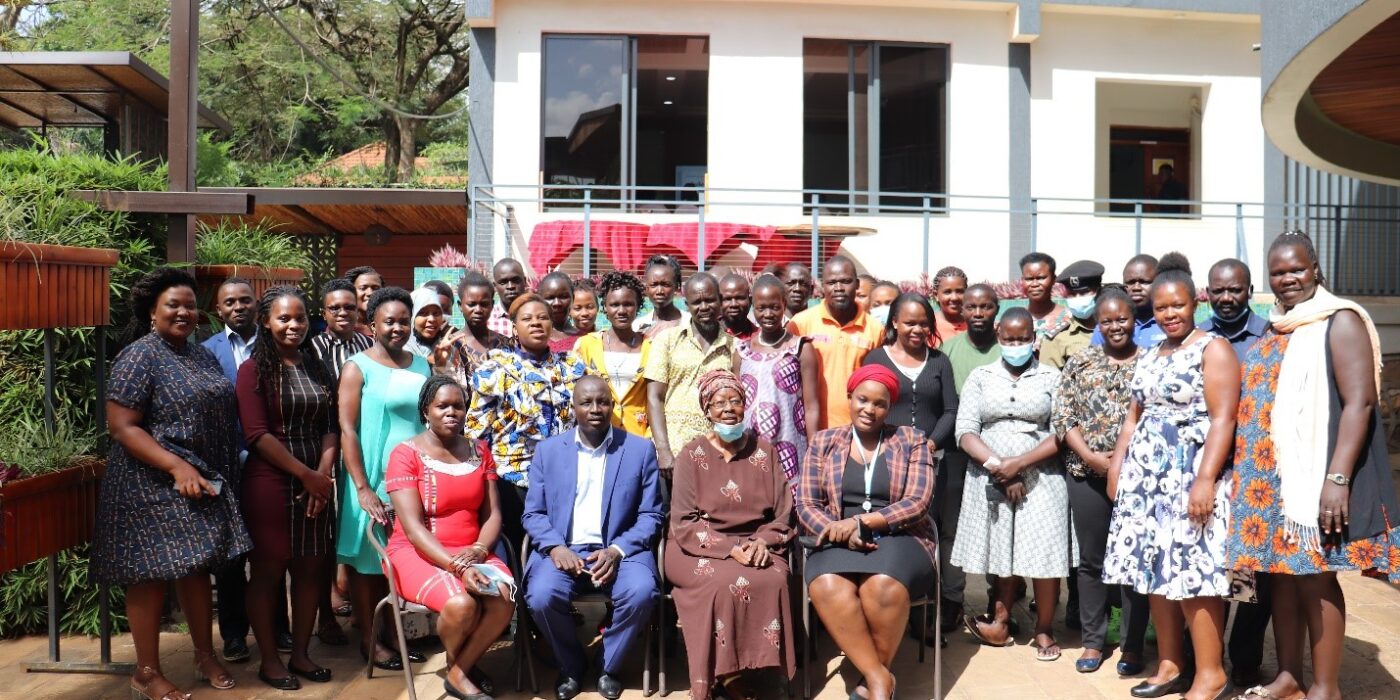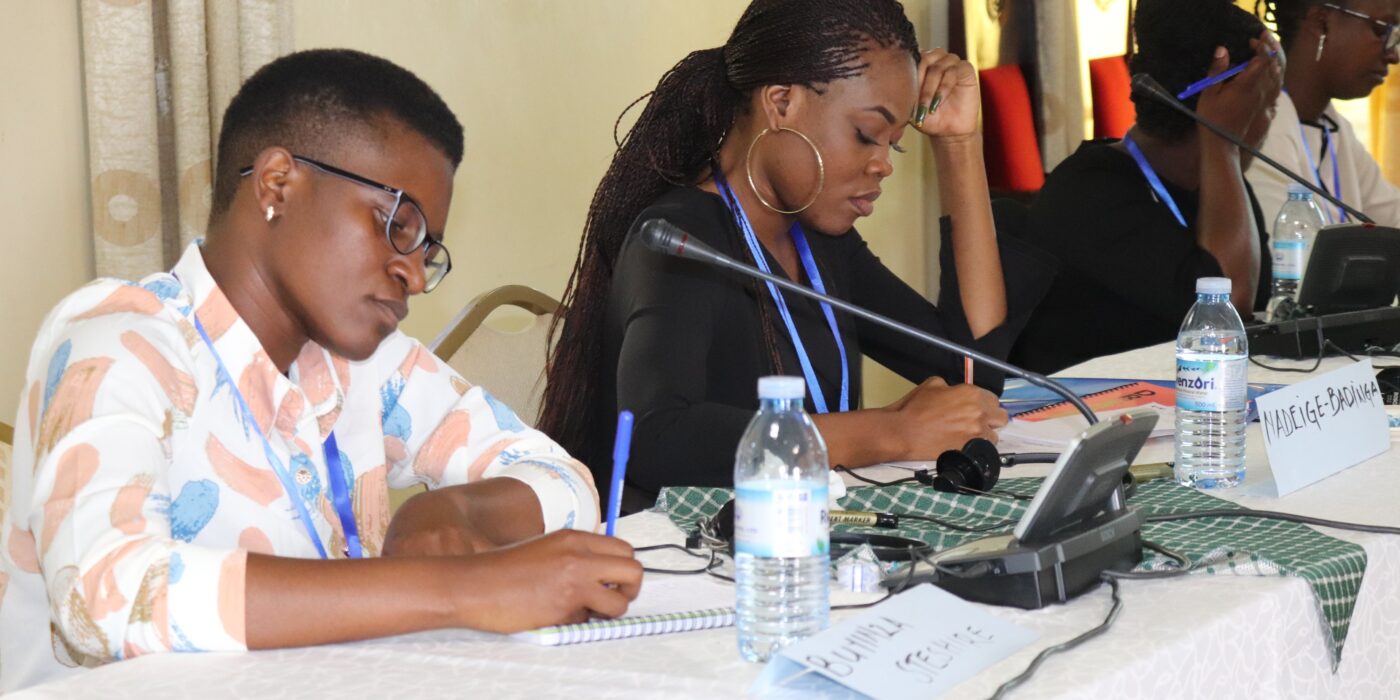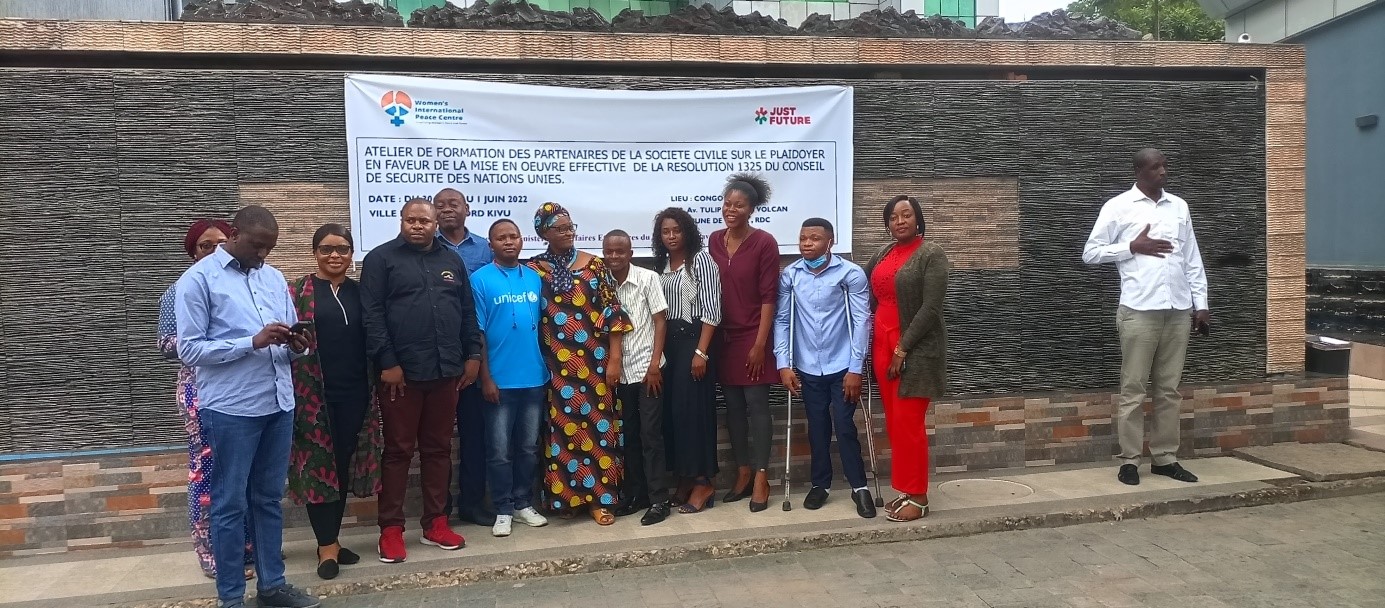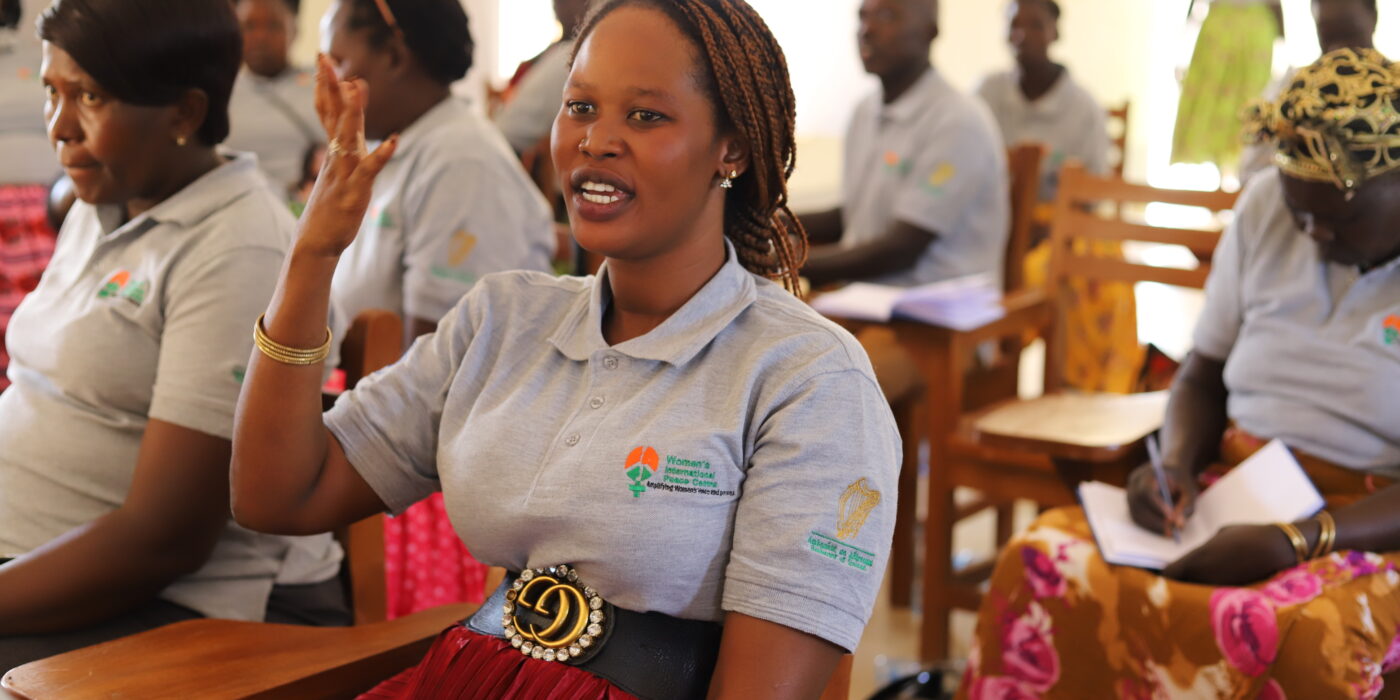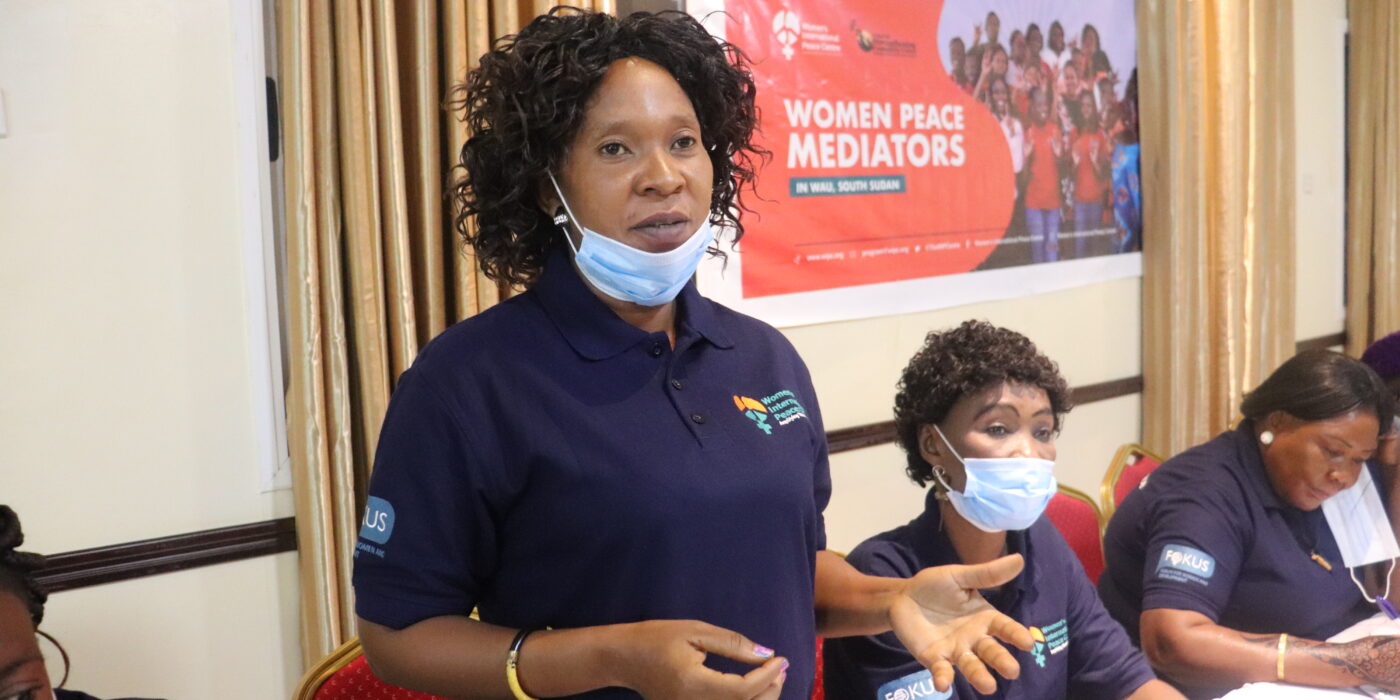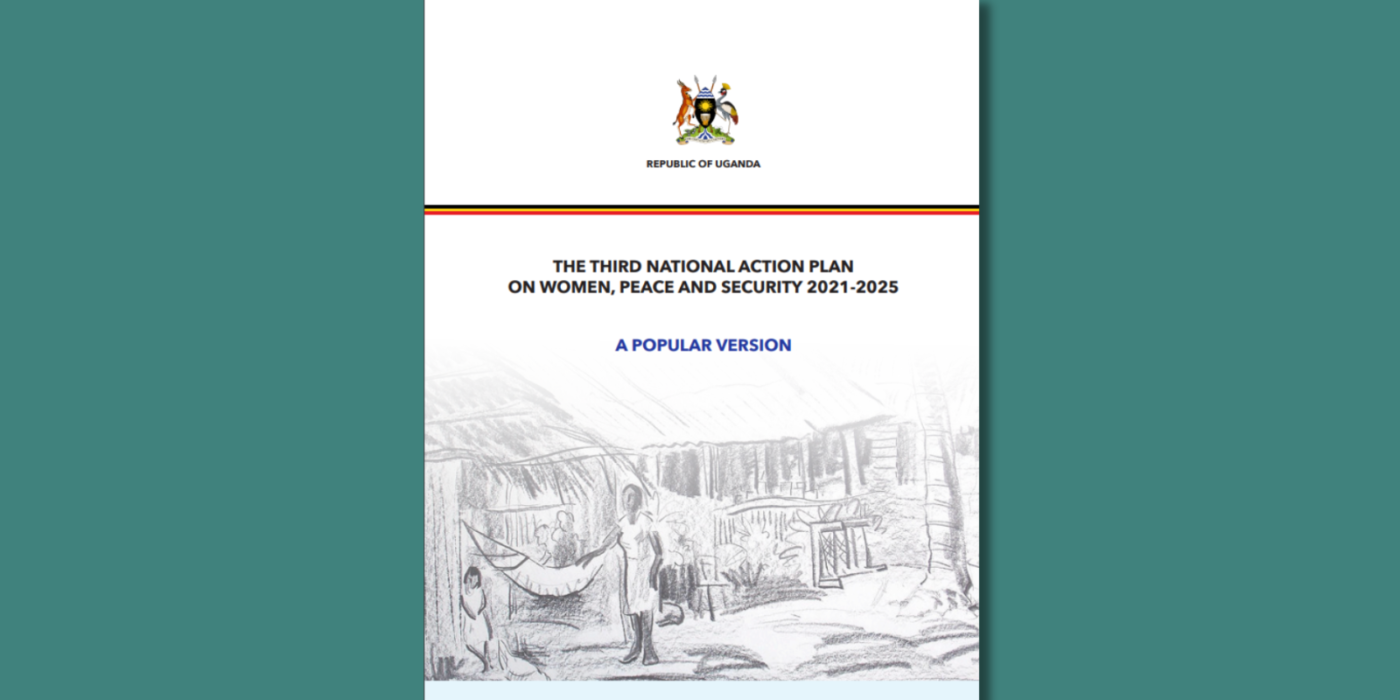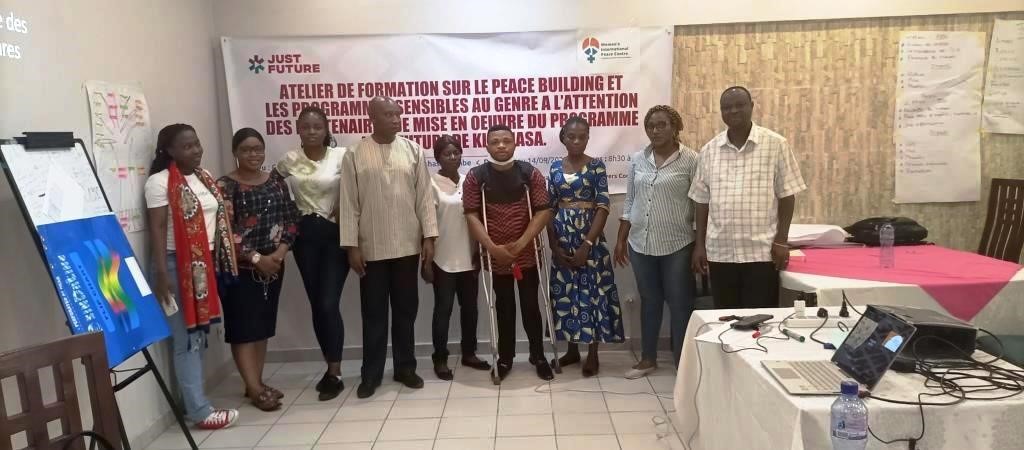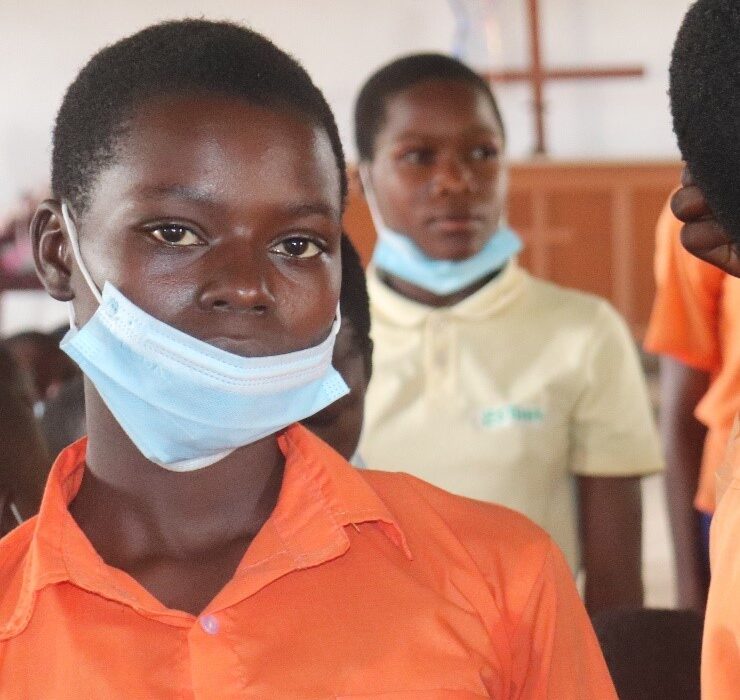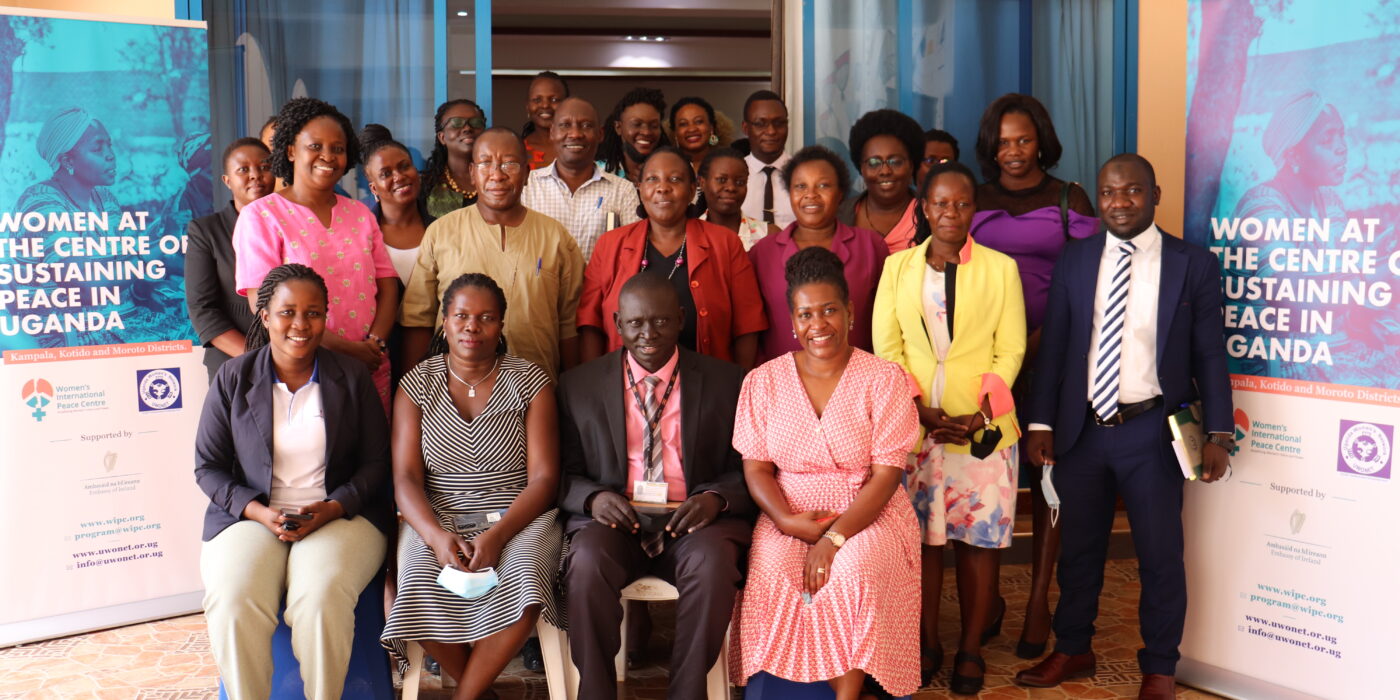National Multi Stakeholder’s Advocacy Dialogue on Peacebuilding in Refugee and host communities
Women’s International Peace Centre has been implementing a project Leading voices; strengthening capacities for Sexual and Gender-Based Violence prevention and peace building in Uganda with funding from the Women Peace and Humanitarian Fund (WPHF) in partnership with the EU-funded Spotlight Initiative and received technical support from the United Nations Entity for Gender Equality and the Empowerment of Women (UN Women).
The project strengthened the leadership capacity and influence of local women leaders and women groups across refugee settlements and host communities at Sub County level in Adjumani district. It aimed at bringing them to work together to address gender-based violence, women’s specific peace and security concerns as well as effectively influence peace building and decision-making processes to advance gender equality in humanitarian settings using SASA Together methodology.
As the programme comes to an end, the Peace Centre convened a one-day multi-stakeholders dialogue under the theme “Refugee women at the forefront of peacebuilding” on 2nd June 2022 with a total of 47 stakeholders (35 females and 12 males) in Kampala.
The dialogue sought to share insights on best practices, discuss emerging priorities, and take stock of achievements in the previous years as well as highlight key Women Peace and Security issues from the host communities and refugee/humanitarian contexts.
The meeting facilitated learning among the Community Activistsas they shared experiences of handling GBV and identified areas of synergy & partnership among key actors including; representatives from Adjumani refugees and host communities; Adjumani District Local Government, urban refugees from Kampala national level stakeholders, Office of the Prime Minister and CSOs working in humanitarian settings.
According to Ms Isabella Bwire from the Women’s Peace & Humanitarian Fund, women also strengthen the economy when they play an active role in the resolution of conflicts.
“Women enhance the impact of humanitarian support and reduce extremism and its spread,” She said, “However even when their role in peace processes is recognised, they receive very little recognition and financial resources for their work.” Bwire added.
She, therefore, encouraged the formation of partnerships that support programmes which ensure commitments to Women, Peace and Security; advocate for gender equality, and influence peace and security processes through multi-stakeholder coordination, monitoring and accountability frameworks. This way, there will be increased meaningful participation, leadership and protection of women in peace and security as well as strengthened gender-responsive institutional capacity in peacebuilding, peace-making, peacekeeping, and prevention of conflict.
By the close of the meeting, policy recommendations were put forward for follow-up/adoption by different stakeholders. These included the expansion and support of policy programmes and strategies that promote gender equality and social norms to address the root causes of Gender Based Violence by all stakeholders.

